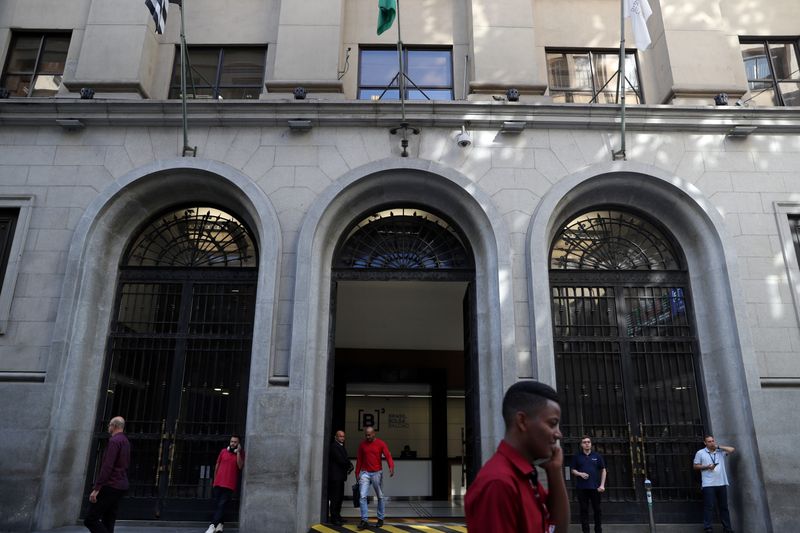
BRASILIA (Reuters) – Brazil’s government on Friday sharply revised its 2020 budget deficit and national debt forecasts to record levels, reflecting the hit to tax revenues and need for massive emergency spending caused by the coronavirus crisis.
Based on the government’s economic forecasts, gross national debt is expected to reach 93.5% of GDP this year from around 78% currently, and net debt to rise to 67.6% of GDP, the Economy Ministry said in a presentation.
Taking into account emergency measures yet to be formally approved, the central government budget deficit excluding interest payments could balloon to 675.7 billion reais ($121 billion), or 9.4% of gross domestic product, the presentation said.
The broader public sector deficit, meanwhile, would reach 708.7 billion reais, or 9.9% of GDP, assuming these emergency measures are approved.
The projections were announced after the ministry issued new official forecasts in its latest bimonthly revenue and expenditure report, which included a central government primary deficit of 540.5 billion reais.
Even that would be more than four times the 124.1 billion reais shortfall originally projected at the start of the year.
Brazil’s economy is on course for its steepest annual downturn since records began in 1900. The government expects GDP to contract by 4.7%. The consensus in the central bank’s latest weekly survey of economists is for a 5.1% fall.
These predictions may already look optimistic. Swiss bank UBS on Thursday became the latest in a clutch of banks to slash their GDP forecast to show a fall of 7% or more.
In the revenue and expenditure report, the ministry lowered its 2020 revenue estimate by 111.2 billion reais to 1.21 trillion reais, and raised its primary spending forecast by 267.7 bln reais to 1.75 trillion reais.
Figures on Thursday showed that federal tax revenues slumped 29% in April to 101.15 billion reais the lowest tax take for that month since records began in 2007.



